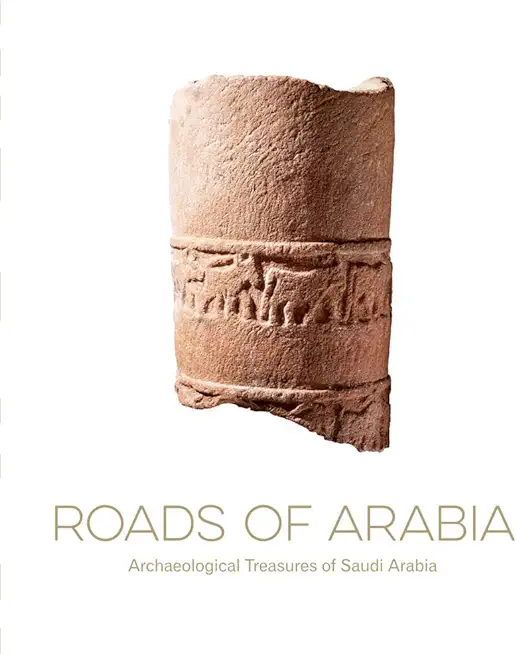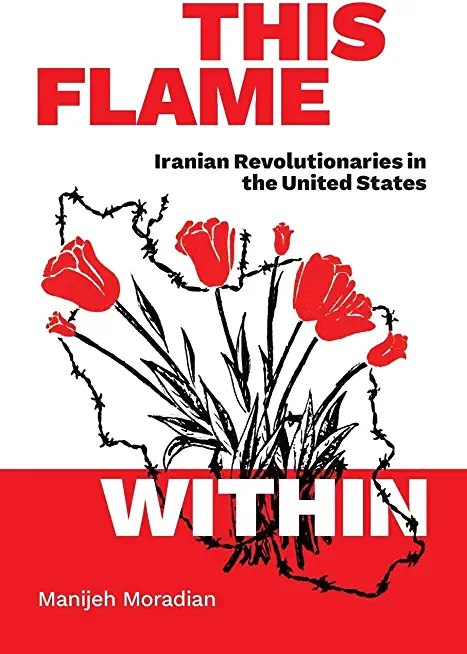
Thirteen centuries of Arabian culture at the crossroads of Islamic culture
Roads of Arabia highlights the pivotal role of the Arabian Peninsula, a land of mercantile and cultural exchange since early antiquity, revealing the diversity of cultures and civilizations that, despite the challenges of their natural environment, were able to take advantage of their geographical situation, linking the shores of the Indian Ocean and the lands of the Horn of Africa to Egypt, Mesopotamia and the Mediterranean. It also examines the very particular role played by Arabia from the 7th century onward, as the cradle of Islam, whose two holy cities of Medina and Mecca attracted pilgrims from all over the Muslim world. In parallel, the eastern side of the peninsula continued to play an important role in the maritime trade of the Gulf and with India and China beyond. Meet the earliest human communities known to have lived in the region; journey across deserts and along coastal routes to discover the earliest trade and cultural exchanges created by the ancient maritime and caravan trades; travel the ancient pilgrim routes that brought fresh life to the peninsula from the 7th century and finally discover the developments of the 20th century and the relationship between tradition and modernity.







